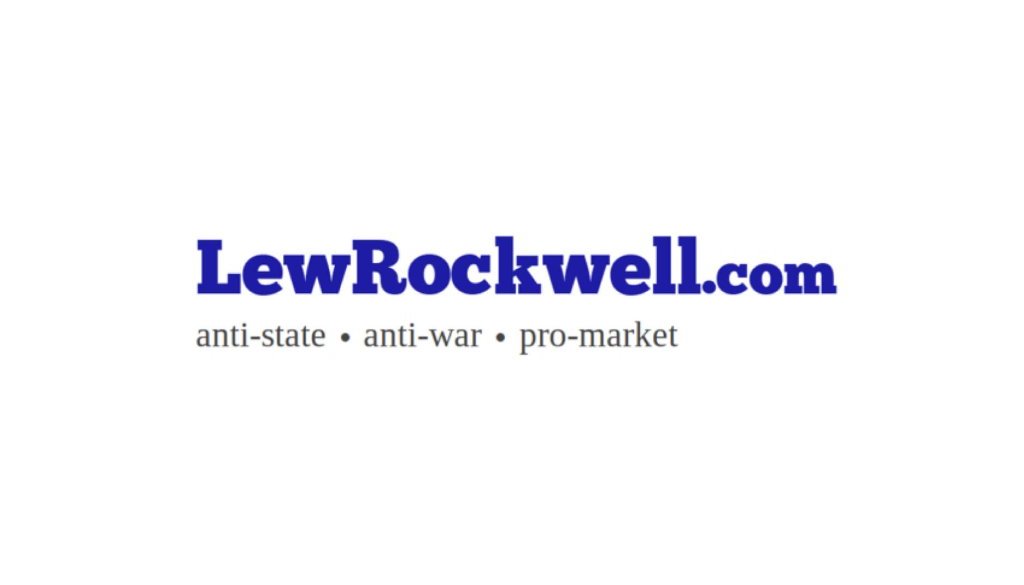Paper Money and the Fed Have Destroyed the Penny and the Rest of Our Money
President Trump has ordered the U.S. Mint to stop producing pennies. The reason is that it’s too costly to produce them. It costs the Mint nearly four cents to produce one penny.
The penny phenomenon is good example of what the federal government — and, specifically, the Federal Reserve — has done to our money. Ever since the Fed and a paper-money system were established in 1913 and the 1930s, the Fed has destroyed the value and stability of American money.
For more than 100 years, the official money of the United States was gold coins and silver coins. That’s because the U.S. Constitution established a gold-coin/silver-coin monetary system. We know that because the Constitution gave the federal government the power to “coin” money. At the risk of belaboring the obvious, one does not “coin” paper money. One “coins” money out of metals. We also know that the Constitution expressly prohibited the state governments from making anything but gold and silver legal tender.
The Framers wanted nothing to do with paper money. They knew what government officials throughout history have done with paper money. They have printed it to their heart’s content to pay for their ever-increasing expenditures. At the risk of further belaboring the obvious, one cannot print ever-increasing amounts of gold coins and silver coins.
America’s official, constitutional gold-coin/silver-coin system contributed to the phenomenal increase in the standard of living
Article from LewRockwell

LewRockwell.com is a libertarian website that publishes articles, essays, and blog posts advocating for minimal government, free markets, and individual liberty. The site was founded by Lew Rockwell, an American libertarian political commentator, activist, and former congressional staffer. The website often features content that is critical of mainstream politics, state intervention, and foreign policy, among other topics. It is a platform frequently used to disseminate Austrian economics, a school of economic thought that is popular among some libertarians.




